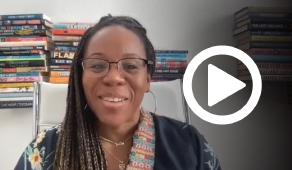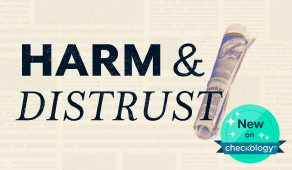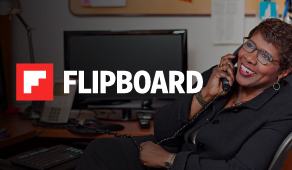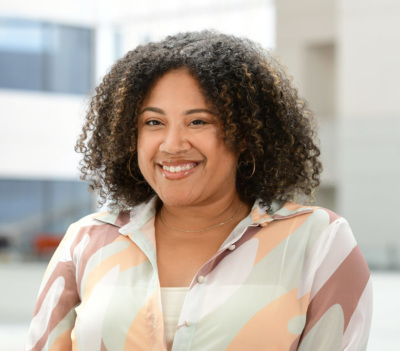Understanding Black History Month is essential news literacy
The expansive legacy of Black History Month is rooted in the celebration and upliftment of African American history, culture and perseverance through unspeakable adversity. It is also deeply intertwined with our mission here at The News Literacy Project to solidify a future founded on facts. First established in 1926 by Carter G. Woodson, Black History Month began as Negro History Week, coinciding with the birthdays of Abraham Lincoln and Frederick Douglass.
Woodson knew first-hand the power of credible information as a transformational tool. As a Black man and the direct descendant of former slaves, his options to obtain early education were limited.
So, even while working in coal mines and caring for his family’s small farm in West Virginia, he taught himself, eventually earning undergraduate degrees from Berea College in Kentucky and the University of Chicago, and, finally, a Ph.D. from Harvard University. His career blossomed as he established himself as a celebrated teacher, school administrator, researcher and champion of Black history and culture.
As Woodson’s influence grew, so did the impact of Black History Month. Black scholars, journalists and community members alike deepened their knowledge and sharing of crucial American history. This, in turn, encouraged allies across all races and ethnicities to support and uplift the myriad contributions of African Americans throughout our nation’s history.
Today, NLP celebrates this critical month in American history by re-emphasizing the role that accurate, credible information plays in our perception of the news media and our trust in its work. Most importantly, we examine how that trust can vary across communities, especially among those that have been historically marginalized and underrepresented.
We invite you to check out the following new resources as you celebrate the indelible legacy and impact of African Americans throughout this month:


Watch this year’s National NewsLitCamp® event, featuring a special conversation on the legacy of media distrust among communities of color, with Pulitzer-prize winning author and journalist Wesley Lowery, award-winning journalist Natalie Moore and Julia E. Torres, the director of special projects at EduColor.


Explore NLP’s new Checkology® lesson designed for educators, called “Harm & Distrust.” It is a master class in how mainstream news organizations have failed to represent Black communities accurately and equitably, and what they are doing about it now.


Browse our Flipboard collection on Black History Month, which highlights modern Black journalists’ work and influence in today’s news media landscape.
Thanks to you, our mission to realize a news-literate future continues to grow. Please join us in honoring the contributions of Black Americans this month as we strive to build an equitable information landscape for all.

